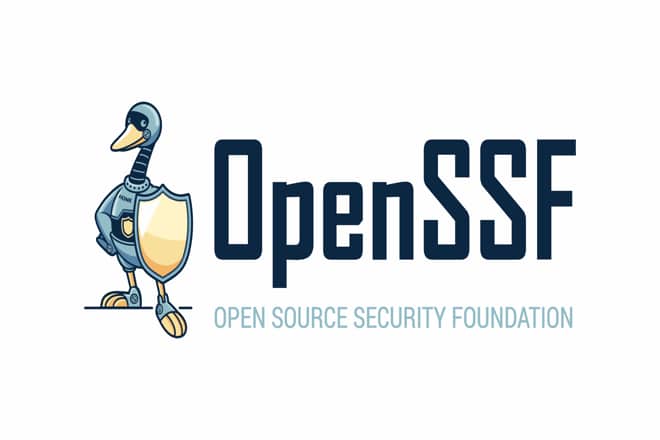OpenSSF announces the Alpha-Omega Project to improve the security posture of open source software (OSS) through direct engagement of software security experts and automated security testing. Microsoft and Google are supporting the Alpha-Omega Project with an initial investment of $5 million to improve open source software security.
Widely deployed OSS projects that are critical to global infrastructure and innovation have become top targets for adversarial attacks. Following new vulnerability disclosures, adversary attacks can be seen within hours.
The Alpha-Omega Project is said to improve global OSS supply chain security by working with project maintainers to systematically look for new, as-yet-undiscovered vulnerabilities in open source code, and get them fixed. “Alpha” will work with the maintainers of the most critical open source projects to help them identify and fix security vulnerabilities, and improve their security posture. “Omega” will identify at least 10,000 widely deployed OSS projects where it can apply automated security analysis, scoring, and remediation guidance to their open source maintainer communities.
“Open source software is a vital component of critical infrastructure for modern society. Therefore we must take every measure necessary to keep it and our software supply chains secure,” said Brian Behlendorf, General Manager, OpenSSF. “Alpha-Omega supports this effort in an open and transparent way by directly improving the security of open source projects through proactively finding, fixing, and preventing vulnerabilities. This is the start of what we at OpenSSF hope will be a major channel for improving OSS security.”
Alpha: Focusing on the Most Critical OSS Projects
According to Linux, Alpha will be collaborative in nature, targeting and evaluating the most critical open source projects to help them improve their security postures. These projects will include standalone projects and core ecosystem services. They will be selected based on the work by the OpenSSF Securing Critical Projects working group using a combination of expert opinions and data, including the OpenSSF Criticality Score and Harvard’s “Census” analysis identifying critical open source software.
For these selected projects, Alpha team members will provide tailored help to understand and address security gaps. Help can include threat modeling, automated security testing, source code audits, and support remediating vulnerabilities that are discovered. It can also include implementing best practices drawn from criteria outlined by the OpenSSF Scorecard and Best Practices Badge projects.
Alpha will track a series of important metrics providing stakeholders with a better understanding of the security of the open source project they depend on. The public will receive a transparent, standardised view of the project’s security posture and compliance with security best practices.
Omega will use automated methods and tools to identify critical security vulnerabilities across at least 10,000 widely-deployed open source projects. This will be accomplished using a combination of technology (cloud-scale analysis), people (security analysts triaging findings) and process (confidentially reporting critical vulnerabilities to the right OSS project stakeholders). Omega will have a dedicated team of software engineers continually tuning the analysis pipeline to reduce false positive rates and identify new vulnerabilities.
Omega community members will provide suggestions on how to automate detection of security vulnerabilities in the future and more generally on efficient ways to implement security best practices.
The OpenSSF also encourages all individuals and organisations interested in Alpha-Omega to participate in its Securing Critical Projects working group.






































































